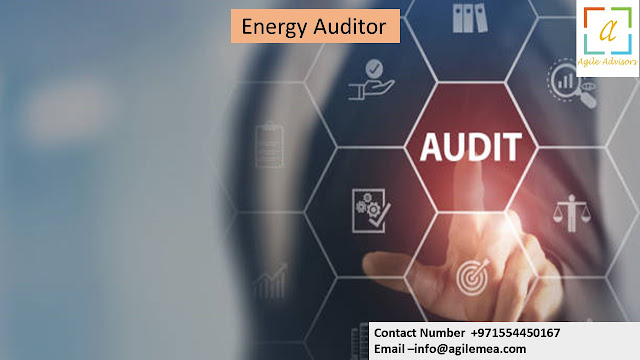The Benefits of Integrated ESG Reporting
ESG, which stands for environmental, social, and governance, refers to the three key elements used to assess the sustainability and moral impact of a business or investment. To manage the organization's material risk factors, ESG Reporting is the practice of publishing information about these variables. As more businesses, investors, and regulators become aware of the enormous risks and possibilities related to ESG concerns, this form of reporting is becoming more and more crucial.
Building trust and transparency with investors and stakeholders, attracting sustainable investors, and being able to recognize and manage risks and opportunities connected to environmental and social impact are just a few advantages of ESG Meaning. We will delve deeper into each of these advantages in this article.
Build brand reputation, trust, and transparency: Businesses may show their dedication to sustainability and moral business conduct by giving accurate and thorough information about their ESG performance. The ESG Consulting disclosure data will be used by customers, staff members, and potential business partners who value sustainability to make better decisions about which organizations to support or work with.
Identifying possible risks from climate change, including physical harm, supply chain disruptions, and regulatory changes, as well as risks related to poor governance, employee well-being, and equitable policies can help with risk identification and management. In the past ten years, there has been a significant rise in the number of claims for climate-related damages from flooding, wildfires, and other catastrophes, which has prompted insurance firms to significantly more nonrenewals on current policies. Insurance companies view ESG Strategy issues as a significant risk, at least in terms of the environment, and businesses shouldn't ignore this while making routine business decisions.
Seize opportunities: Reporting on sustainability and social metrics combines the information and planning required to seize large revenue opportunities related to the move toward net zero and green products. To name a few: green premium pricing on environmentally friendly structures, lower operating expenses linked to energy savings, price stability, and energy independence with the adoption of renewable energy, and opening up new markets for customers and clients with environmentally friendly goods and services.
Better strategy and impact are produced by accurate reporting data: A company will have a solid foundation upon which it can genuinely execute sustainability goals and projects if sustainability or ESG Consultancy data is collected with the express intention of reporting. The most ESG-aware businesses will make full use of the information gathered in ESG reports to operationalize sustainability through improvements in technology, waste, water, and energy management, as well as competitive differentiation in markets that value low-carbon goods and services. In the end, effective handling of significant ESG Consultant issues enhances financial success.
Overall, ESG reporting is a crucial tool for businesses to control their impact on the environment and society, foster transparency, and draw in sustainable investors.




Comments
Post a Comment